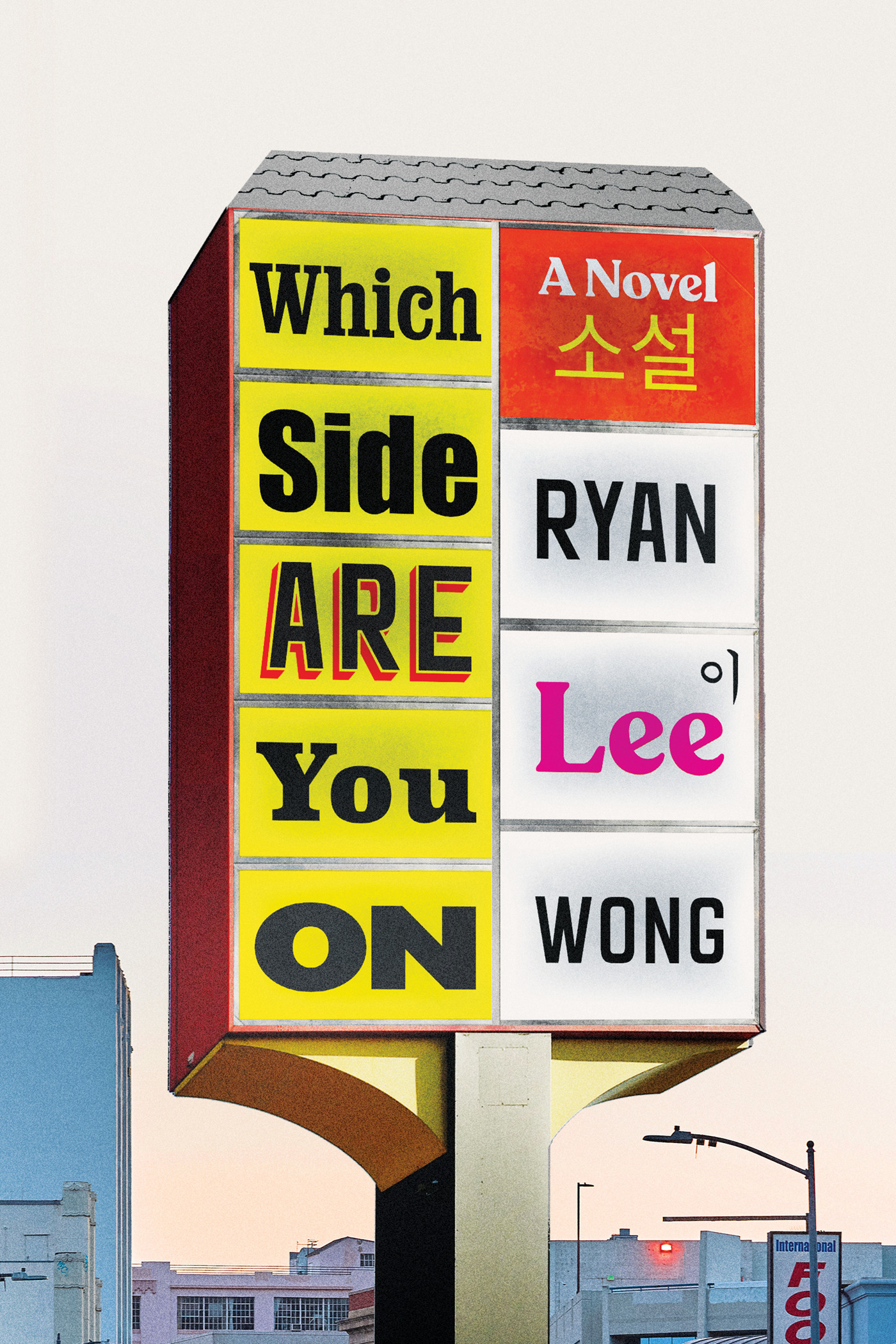Meet Reed, a 21-year-old with a fresh perspective from his Ivy League studies, ready to confront his parents with his newfound awareness of societal injustices, primarily regarding their choice of eating establishments. This discovery, he believes, comes not from his formal education but from Twitter, which in his eyes serves as an unblemished wellspring of news and a bastion of activism. I found Reed’s confident naivety and his attempts to enlighten his older family members quite relatable, embodying the youthful surety that verges on fantasy more than reality.
Reed’s story later intertwines with the actual events surrounding Akai Gurley’s death at the hands of Peter Liang, a Chinese police officer, prompting him to delve into the historical activism his mom partook in—a legacy of Black-Asian solidarity amid the Rodney King and Latasha Harlins eras. Reed’s journey leads him to reconsider his understanding of what it means to be politically engaged and how activism can manifest in diverse avenues.
In a conversation with Wong, we delve into his novel, examining the historical layers woven throughout and the generational contrasts in political engagement and activism.
Wong shares his joy and relief that his book has settled into the world, no longer the exhilarating enigma it once was right after its release.
When quizzed about the character development at his novel’s heart, Wong explains that his character’s transformation mirrored the historical sequence. Crafting a protagonist whose growth was shaped by real events proved a formidable but fulfilling task, as it required Wong to bring not just history, but a compelling narrative to life.
Reed, in Wong’s depiction, certainly echoes a fragment of the author’s younger self, as well as the politically charged youth circles Wong encountered in New York. These bright minds, often fixated on their ideologies, sometimes lost sight of the personal connections at hand—an aspect Wong wanted to spotlight as one of the critical phases in a person’s political awakening.

Woven into the fabric of this novel is the tragedy of Akai Gurley’s death, prompting Reed to seek guidance from his mother, a veteran of the Asian-Black coalition. Wong delves into the challenge of integrating this complex, rich history with the Gurley case and the turbulent events familiar to Reed’s parents, emphasizing the cyclical nature of these societal upheavals.
The divergence in generational thought becomes unmistakably clear when Reed flippantly suggests yoga as the panacea for racial tension, only for his mother to impart the wisdom that true organizing is about building interpersonal connections through enjoyable and shared experiences.
This clash of ideologies marks the beginning of Reed’s realization that his mother’s seasoned approach to activism holds water.
Addressing the individual’s role within activism, Wong considers the balance between self-care and collective action. He posits that neglecting oneself only feeds capitalist disposability, whereas genuine self-care can be an act of resistance, challenging the pressures to constantly perform activism.
Wong also touches on the novel’s secondary theme of performative activism, portraying Reed’s awakening to the convoluted interplay between self-interest and genuine activism, reflecting the inseparability of politics and identity in the age of social media.
Reaching the novel’s conclusion, Wong admits he had to detach himself from Reed to paint his character with empathy—highlighting that the embrace of compassion for oneself and others is essential to effective change and sustaining relationships.
Looking ahead, Wong expresses an eagerness to explore various creative avenues, from further political writing to examining the fragmentation of community through technology, and conveying his experiences with Zen Buddhism.